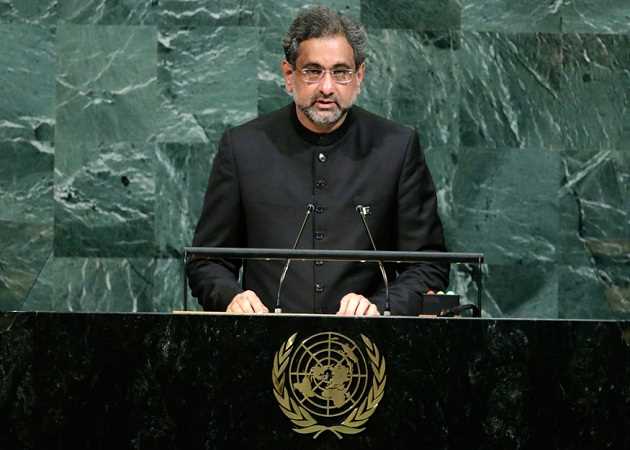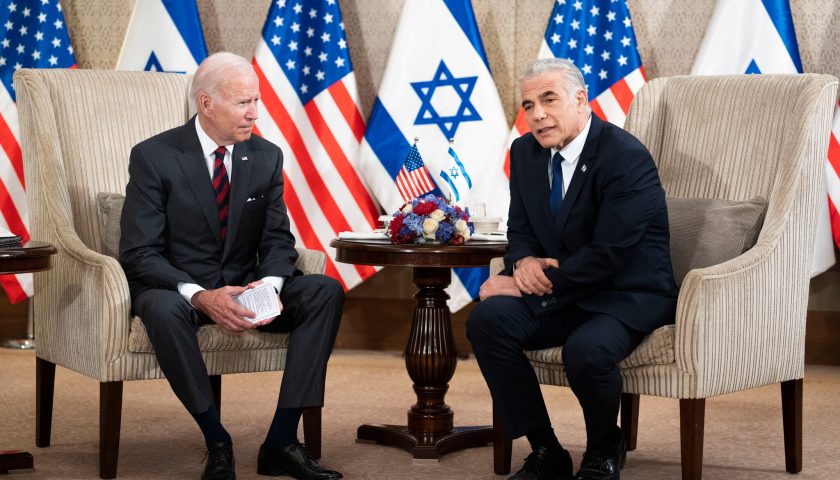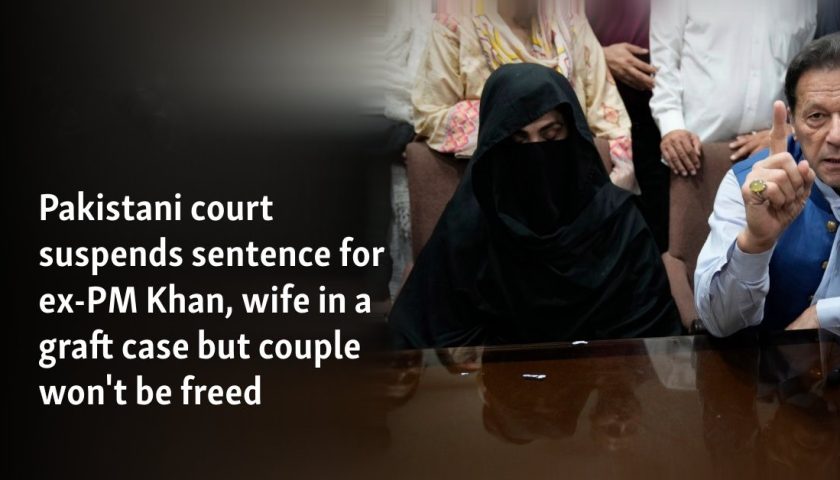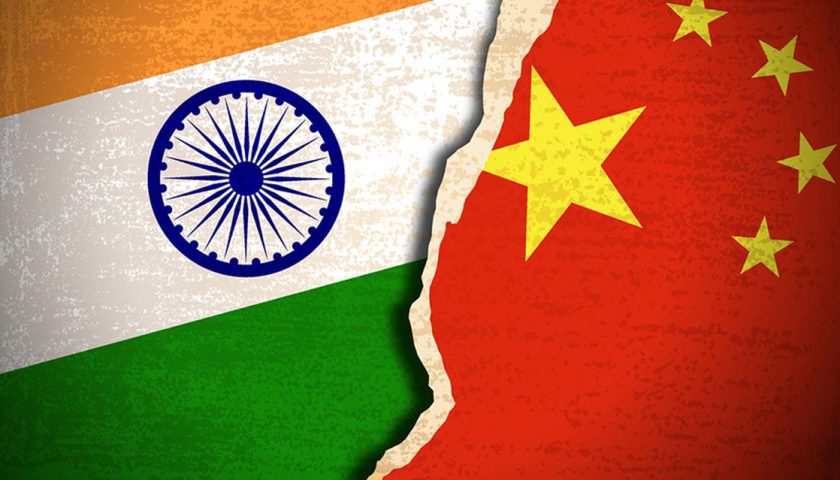- UN should appoint special envoy on Kashmir
- Fact-finding team be sent to JK to probe HR abuses
- Warns India against pursuing ‘limited war’ doctrine against Pak
- Islamabad won’t be a scapegoat in Afghan war
- Rohingya ethnic cleansing an affront to humanity
Pakistan Prime Minister Shahid Khaqan Abbasi Friday devoted much of his speech at the 72nd session of UN general assembly to the issue of Jammu and Kashmir and asked the international body to appoint a special envoy.
In his first speech at the UN as PM, Abbasi’s script was no different from his predecessor Nawaz Sharif who had taken on India last year in almost similar way. Abbasi’s speech was on expected lines as the hostilities between the two neighbours have reached a crescendo in the past few years and the tension along the Line of Control (LoC) has claimed a large number of lives in the recent past. So there was no possibility of outreach here though Abbasi said Pakistan was open to resuming the comprehensive dialogue with India to address all the issues including that of Jammu and Kashmir. Pakistan PM mentioned Kashmir 17 times in his speech and India 14 times.
Abbasi urged the UN to appoint a special envoy to Kashmir, where Indian forces are committing grave excesses.
“The mandate of UN envoy should flow from the longstanding but unimplemented resolutions of the Security Council,” he said.
He said that the struggle of the people in the Valley is being brutally suppressed by India.
Abbasi accused India of indulging in militant activities against Pakistan and warned of a “matching response” if it “ventures across the LoC (Line of Control)” or acts upon its “doctrine of limited war” against his country.
“The Kashmir dispute should be resolved justly, peacefully and expeditiously. As India is unwilling to resume the peace process with Pakistan, we call on the Security Council to fulfil its obligation to secure the implementation of its own resolutions on Jammu and Kashmir,” he said.
Abbasi lamented that despite over 600 ceasefire violations along the Line of Control since January this year, Pakistan has acted with restraint.
“But if India does venture across the LoC, or acts upon its doctrine of limited war against Pakistan, it will evoke a strong and matching response,” he said.
The Pakistani prime minister said the legitimate struggle for self-determination of the people of Jammu and Kashmir continues to be “brutally suppressed” by Indian forces.
He said that from day one of its creation, Pakistan has faced “unremitting hostility” from its eastern
neighbour (India).
“India refuses to implement the unanimous resolutions of the UN Security Council, which mandate a UN supervised plebiscite to enable the people of Jammu and Kashmir to freely decide their destiny,” he said.
“Instead, India has deployed nearly 700,000 troops in Kashmir to suppress the legitimate struggle of the Kashmiris to exercise their right to self-determination. This is the most intense foreign military occupation in recent history,” Abbasi said.
He said shotgun pellets have blinded and maimed thousands of Kashmiris including children. “These and other brutalities clearly constitute war crimes and violate the Geneva Conventions”.
Abbasi demanded an international investigation into the atrocities in Kashmir and sending of an inquiry commission to Jammu and Kashmir in order to secure the punishment of those responsible of human rights violation and provide justice and relief to victims.
However, he stated that Pakistan remains open to resuming a comprehensive dialogue with India to address all outstanding issues, especially Kashmir and discuss measures to maintain peace and security in the region.
“This dialogue must be accompanied by an end to India’s campaign of subversion and state sponsored terrorism against Pakistan, including from across our western border,” Abbasi said.
He refused to make Pakistan a “scapegoat” for Afghanistan’s bloodshed or to fight wars for others.
“Having suffered and sacrificed so much due to our role in the global counterterrorism campaign, it is especially galling for Pakistan to be blamed for the military or political stalemate in Afghanistan,” Abbasi said adding, “We are not prepared to be anyone’s scapegoat,” he said.
“What Pakistan is not prepared to do is to fight the Afghan war on Pakistan’s soil. Nor can we endorse any failed strategy that will prolong and intensify the suffering of the people of Afghanistan and Pakistan and other regional countries,” he said.
The Pakistan PM said 27,000 Pakistanis have been killed by extremists since the launch of the US war on terror after the September 11, 2001 attacks.
He called for a priority on eliminating extremists, including from the militant Islamic State (IS) group and Al Qaeda, in Afghanistan but ultimately a political solution with the Taliban.
He said that Pakistan had fought the war against terror using its own resources with economic losses estimated at over US$120 billion.
“Yet, we remain committed to fully implementing our National Action Plan against terrorism and extremism,” he reiterated.
Abbasi reiterated that Taliban ‘safe havens’ are not located in Pakistan but in large tracts of territory controlled by the Taliban in Afghanistan.
He said cross-border attacks did occur, but those were mostly conducted by anti-Pakistan terrorists from the “safe havens” across the border.
“To end all cross-border attacks we ask the Afghan government and the Coalition to support and complement Pakistan’s ongoing efforts to strengthen border controls and monitor all movement across it,” he said.
The prime minister said the people of two countries had suffered the most from four decades of foreign intervention and civil wars in Afghanistan, blighting Pakistan with the flow of extremists and terrorists, guns and drugs and millions of refugees.
“They have set back our economic development by decades. Even today, Pakistan is host to over 3 million Afghan refugees,” he said adding, “No one desires peace in Afghanistan more than Pakistan”.
However, after 16 years of war in Afghanistan, it was clear that peace would not be restored by the continuing resort to military force.
“Neither Kabul and the Coalition, nor the Afghan Taliban, can impose a military solution on each other.”
He suggested promotion of negotiations between Kabul and the Afghan Taliban — in the Quadrilateral Coordination Group (QCG) or any trilateral format — to evolve a peaceful settlement in Afghanistan.
The prime minister said the renewed East-West tensions might engulf Europe in another Cold War, while peace and prosperity in Asia was threatened by emerging big powers’ friction and rising tensions in South, East and West Asia.
Abbasi said the Middle East was wrecked by war and violence — in Syria, Iraq, Yemen and elsewhere. Terrorist violence has intensified across the Middle East and Africa and other parts of the world, he added.
“There is no end in sight to the tragedy of Palestine,” he said and pointed out that Israel’s prolonged occupation and expansion of illegal settlements might lead to renewed and wider violence in the Holy Land.
He said rising racism and religious hatred is erecting physical walls and psychological barriers between nations and peoples.
“The ethnic cleansing of Rohingyas is not just an affront to all norms of humanity but also challenges our collective conscience,” he added.






